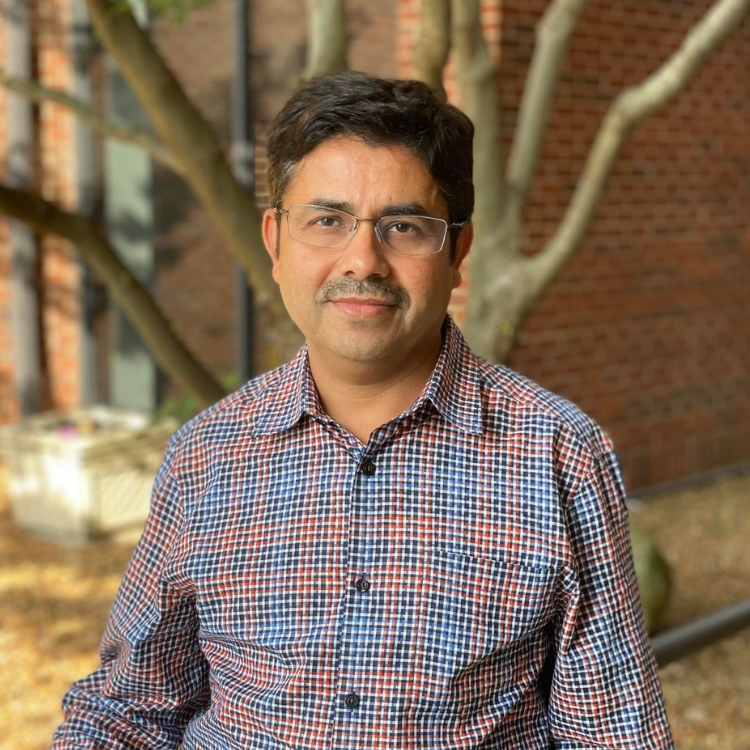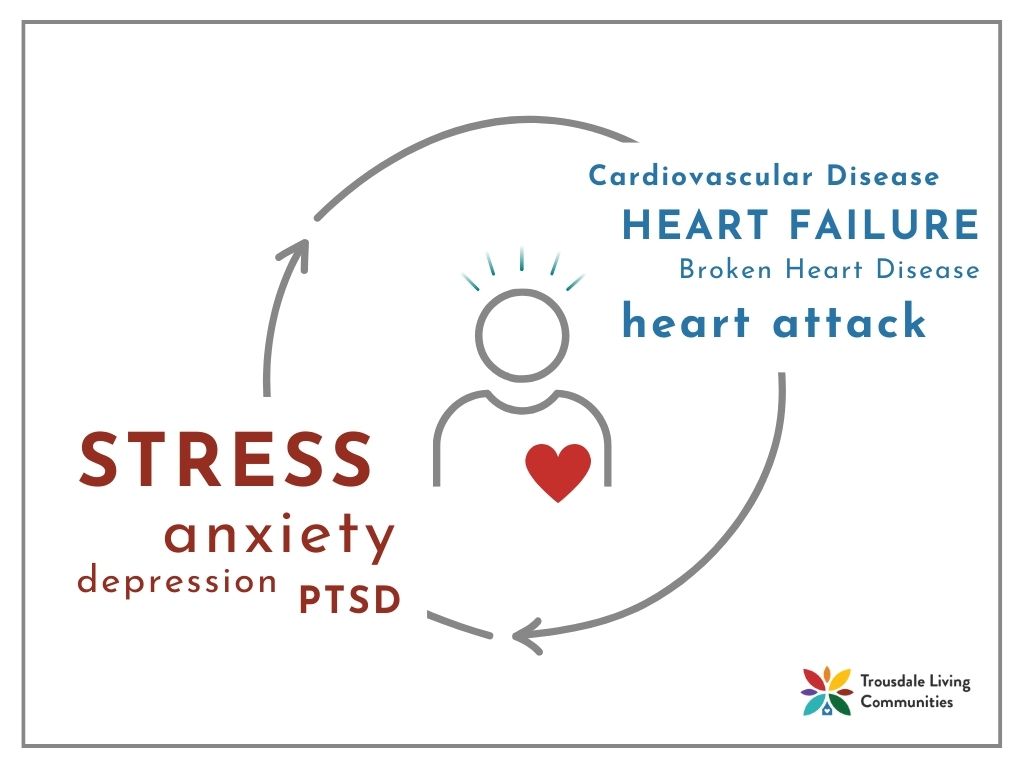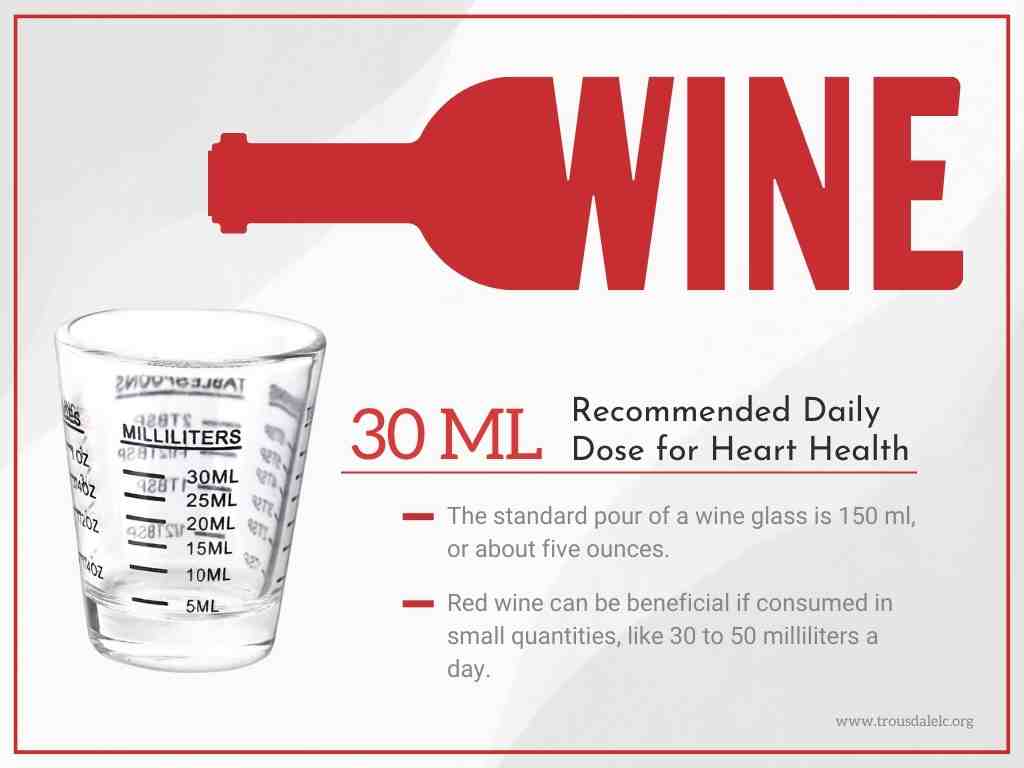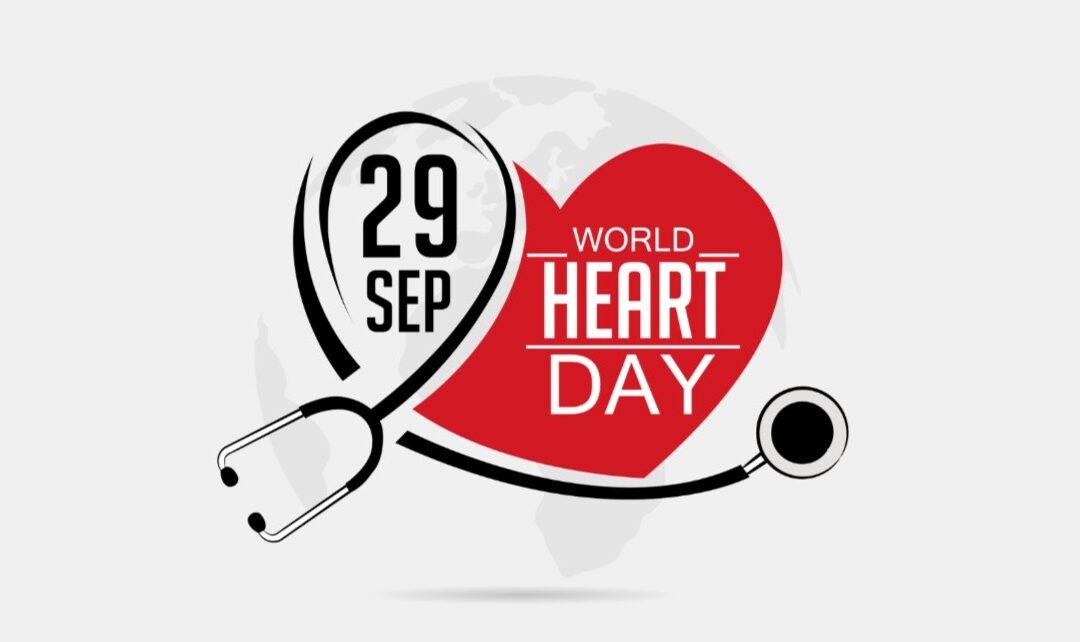Cardiovascular disease affects more than 20.5 million people each year, making it the leading cause of death among elderly patients. The good news is that many of these deaths are preventable through small lifestyle changes that can lead to better heart health.
In honor of World Heart Day, celebrated September 29th, 2023, we conducted an insightful discussion and interview on the significance of heart health and cardiovascular disease (CVD).
We are privileged to have interviewed Dr. Viren Shah, MD, a distinguished expert in Internal Medicine.
Earning his medical degree from B.J. Medical College Ahmedabad in 1998, Dr. Shah currently practices at TriStar Summit Medical Center and McKendree Village.
He specializes in internal medicine, making him exceptionally qualified to shed light on heart health and cardiovascular disease.
Dr. Shah shared invaluable insights, myths and recommendations regarding heart health and CVD.

Overview of Heart Health and Cardiovascular Disease
“Cardiovascular disease is the #1 leading cause of death for elderly patients,” said Dr. Shah in our interview. “It’s very important for patients to have knowledge of CVD, and early diagnosis and detection greatly improve the treatment outcomes and reduce mortality rates.”
Are there any key statistics or facts you can share about cardiovascular disease and heart health?
“The most important factors that increase the risk of CVD are underlying conditions such as hypertension, diabetes, a history of smoking, high cholesterol and a family history of heart disease or high cholesterol. If a patient falls into any of these categories, they are at a higher risk of having a sudden cardiac death or an acute heart attack. For patients with these conditions, having more shortness of breath or chest pain should not be ignored and they should be evaluated to make sure there is no heart disease.”
Early evaluation is extremely important, as it can detect the disease. “Prevention is always better than cure,” said Dr. Shah, “because if you discover you have heart disease, there are many novel treatments available that can help prevent heart damage.”
Receiving a diagnosis and treatment after having a heart attack is less helpful compared to getting screened and treated early.
“If you have a heart attack and then undergo a stent placement, the damage is already done,” explained Dr. Shah. “However, if you receive a diagnosis of coronary artery disease or an 80% blockage, you can proactively have a stent placed, preventing any heart damage and allowing you to lead a better life.”
Effects of Stress on Heart Health and Cardiovascular Disease
“Stress is another important factor that increases the risk of cardiovascular diseases, specifically coronary artery disease and congestive heart failure,” Dr. Shah explained.
Another condition associated with severe stress is known as “broken heart disease,” where your heart function decreases, causing shortness of breath. Dr. Shah said that both anxiety and stress play significant roles in heart disease.

Improving Heart Health by Managing and Addressing Stress
“I think the most important thing is to identify the comorbid conditions causing the stress or the factors contributing to stress. We should evaluate those conditions and consider treating them to alleviate the stress and prevent associated diseases.”
The Role of Family History and Genetics Regarding Heart Health and Cardiovascular Disease
Dr. Shah emphasizes the importance of family history and genetics regarding heart health, saying that individuals with a strong family history of cardiovascular disease should be evaluated at an earlier age.
“If your father was diagnosed with heart disease at the age of 50, you are more likely to develop heart disease at an early age,” explained Dr. Shah. “Another genetic condition that increases the risk of heart disease is having high cholesterol or triglyceride levels due to genetic mutations. This condition is called primary hyperlipidemia and is present in some patients. Early screening can help detect these genetic factors, and appropriate treatment can be initiated to prevent heart disease.”
Habits for Improving Heart Health
Some habits increase the risk of cardiovascular disease, such as smoking, alcohol consumption, high cholesterol and diet according to Dr. Shah. He says that these factors are within an individual’s control, so managing them can reduce the risk of heart disease.
What are some positive habits that you recommend for preventing cardiovascular disease and improving overall heart health?
“Positive habits include at least 30 minutes of walking each day,” Dr. Shah said. “Ideally, we suggest aiming for around two and a half hours per week of brisk or regular walking to enhance cardiac function and blood flow, reducing the risk of cardiovascular disease. It’s essential to avoid smoking and excessive alcohol consumption, maintain a regular exercise routine, even if it’s just 30 minutes of walking per day- and adopt a healthy diet.”
These recommendations are suitable for individuals of all ages if they don’t have any medical conditions that prevent them from walking. For those who may have difficulty walking, Dr. Shah suggests using a stationary bicycle or similar equipment at home to improve cardiac function and prevent heart disease.
Myths about Heart Health and Cardiovascular Disease
There are many alternative treatments regarding heart health. According to Dr. Shah, some people turn to herbal medicines and alternative treatments when experiencing symptoms. However, these treatments are not recommended if you’re symptomatic, and you should be evaluated promptly.
Is Red Wine Good for Heart Health?
“I’ve heard people say that red wine can be beneficial if consumed in small quantities, like 30 to 50 milliliters a day. The reason we don’t recommend this is because most people don’t stop at just 30 milliliters,” Dr. Shah explained. “There’s only one prolonged study where individuals consumed one glass of wine daily, and incidentally, they found a lower incidence of heart disease. But this hasn’t been formally studied or evaluated, and the red wine was just one of the factors that the researchers studied.”

Screening for Cardiovascular Disease
Most people are diagnosed with cardiovascular disease or other heart conditions after experiencing a heart attack. Dr. Shah heavily emphasized the importance of early detection, allowing for preventative measures.
He recommends a simple screening test for individuals ages 40 to 60 with a family history of heart disease, called cardiac calcium scoring.
“It scores you anywhere from zero to a specific number,” Dr. Shah said. “If you score zero, it indicates a lower likelihood of having heart disease as there are no calcium deposits in your heart. This test can uncover incidental findings.”
According to the Mayo Clinic, a score of 100 – 300 means moderate plaque deposits and a high risk of heart attack or heart disease over the next 3-5 years. A score greater than 300 signals more extensive disease and a higher risk of heart attack.
“A positive result may show some issues, while a negative result gives you confidence in your heart health,” Dr. Shan continues. “The cost of this test is typically under $100, making it an affordable and valuable screening option for anyone between the ages of 40 to 60 with no other comorbid health conditions and no positive family history. It can help in early detection.”
Another screening involves checking the lipid profile to determine if you have a genetic predisposition of high cholesterol.
Conclusion
The significance of World Heart Day extends beyond a single day of awareness. Spreading knowledge about heart health and cardiovascular disease is an ongoing effort. Dr. Shah’s valuable insights remind us that small lifestyle changes can go a long way in preventing heart disease and reducing mortality rates.
Thank you to Dr. Shah for sharing his expertise with us. For those interested in seeing Dr. Shah for a heart health evaluation or other medical reasons, feel free to reach out to Summit Medical Center. Dr. Shah is also available to the residents of McKendree Village in Hermitage, TN.
We encourage you to share your thoughts, experiences or questions about heart health on social media, joining the conversation to raise awareness about this critical topic.
Together, we can take proactive steps toward better heart health and contribute to a world where cardiovascular disease is a less prevalent threat. Share this article to spread awareness and help others make informed choices for their heart’s well-being.
For more information on heart health and World Heart Day, visit https://world-heart-federation.org/.
All Your Needs. All Our Hearts.
At Trousdale Living Communities, a 501(c)3 nonprofit charitable organization, our goal is to care and provide for your loved one and embrace every resident as a person FIRST, so that you can have peace of mind that your parent or loved one is healthy and face. We are dedicated to serving the needs of our residents and patients with exceptional, compassionate, and loving care. Our highly trained and experienced team of nurses, CNAs, physical therapists, medical, and administrative staff provide you and your loved ones with preeminent care. It’s time to join a community of care, comfort, and compassion, a community that is consistently focused on your needs.

